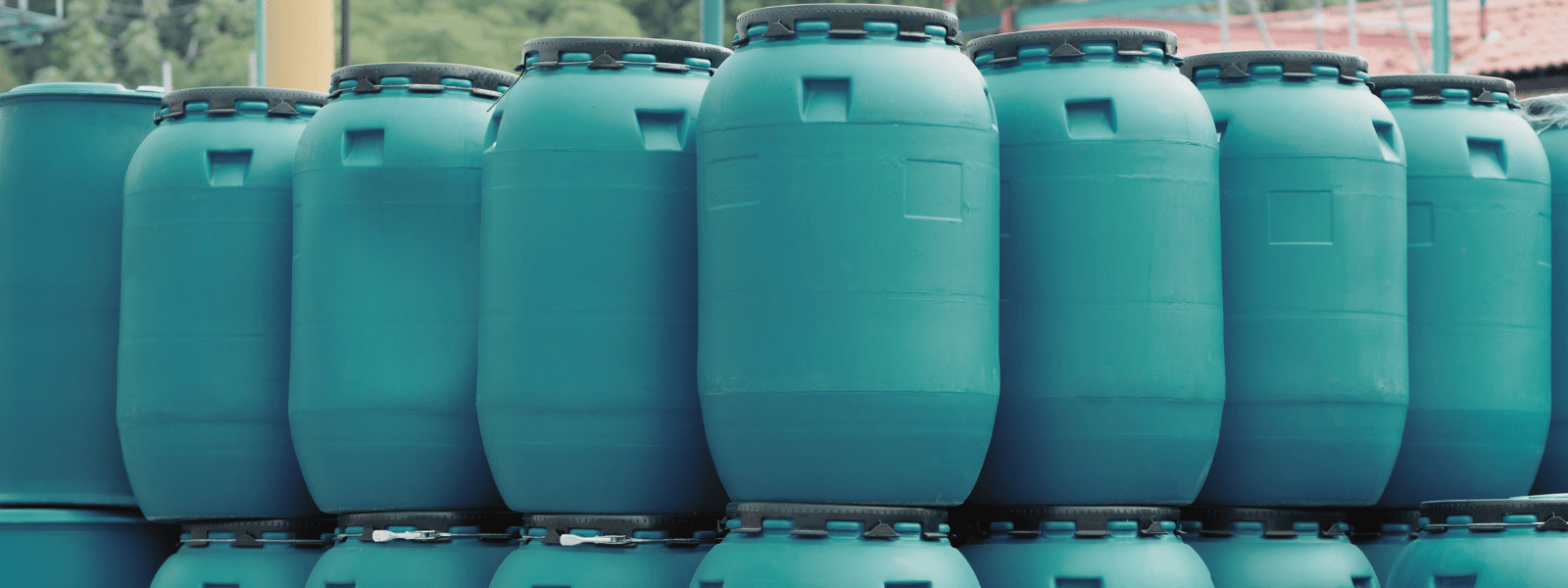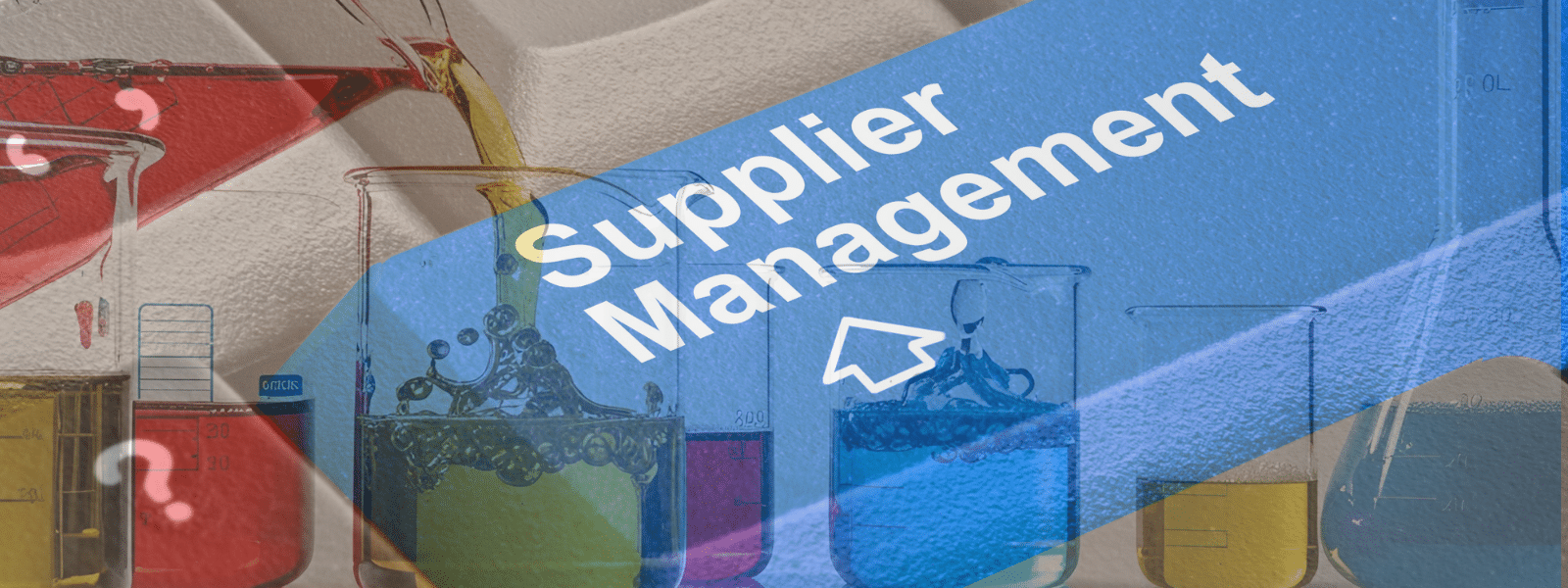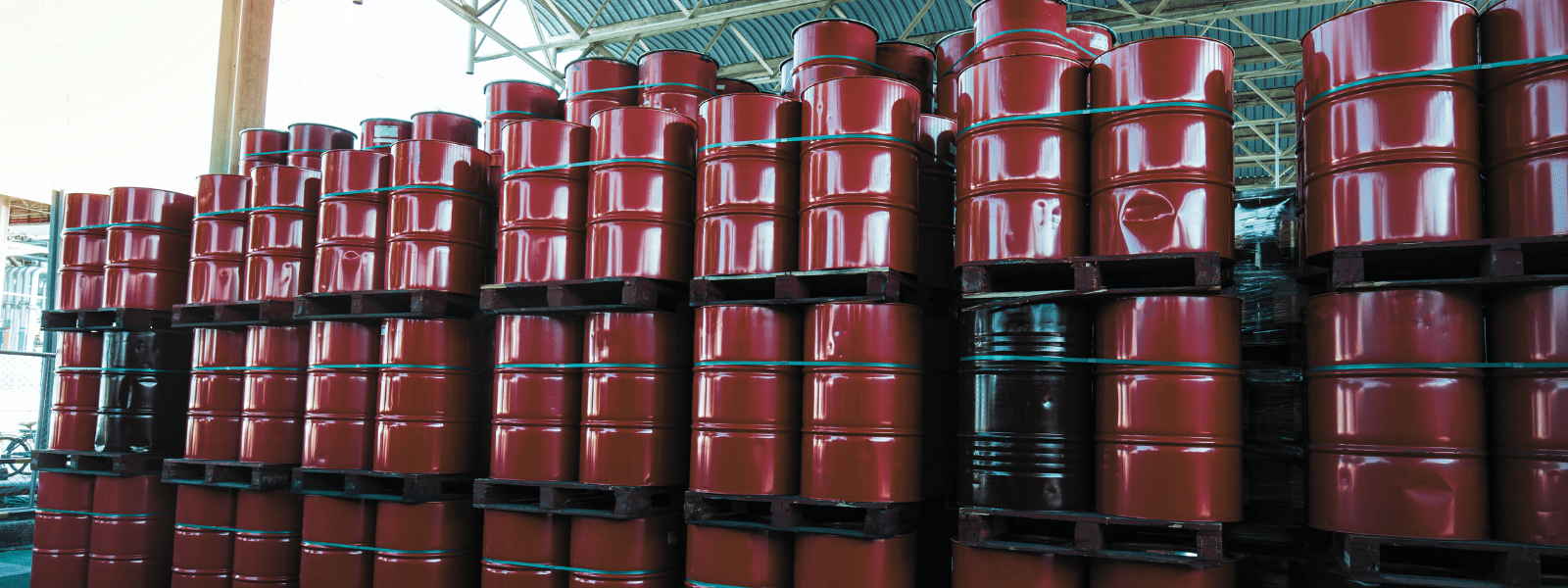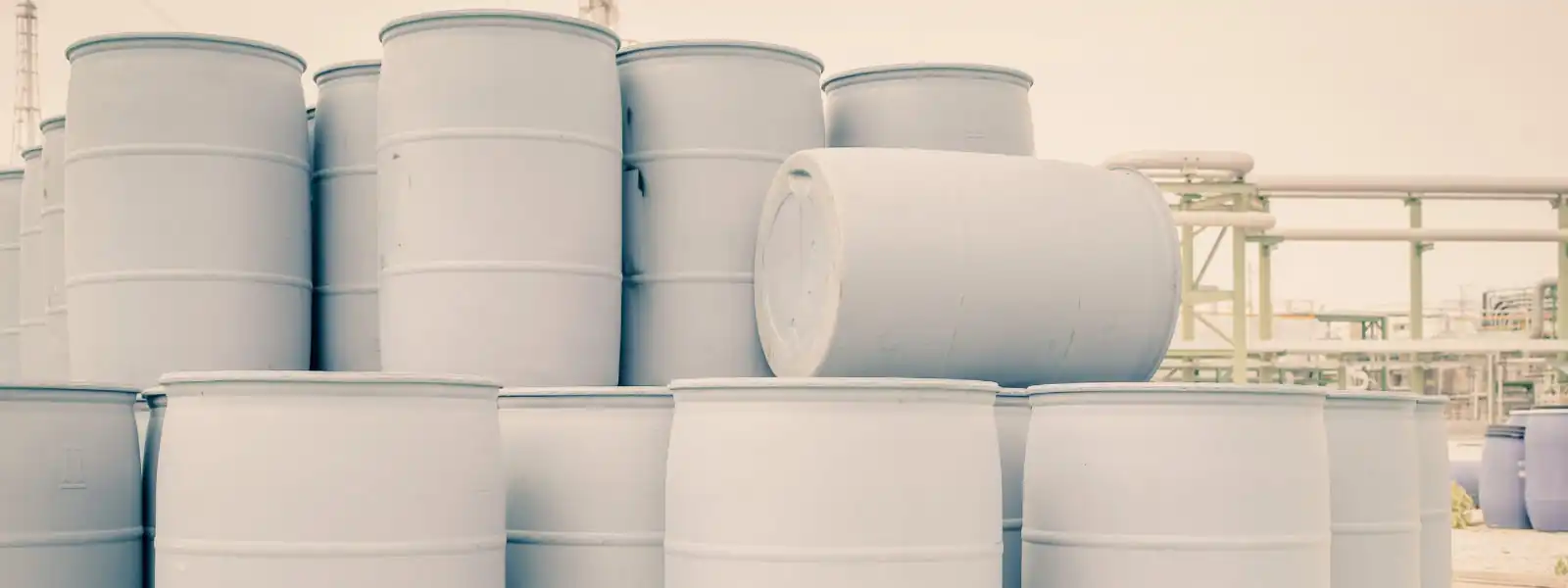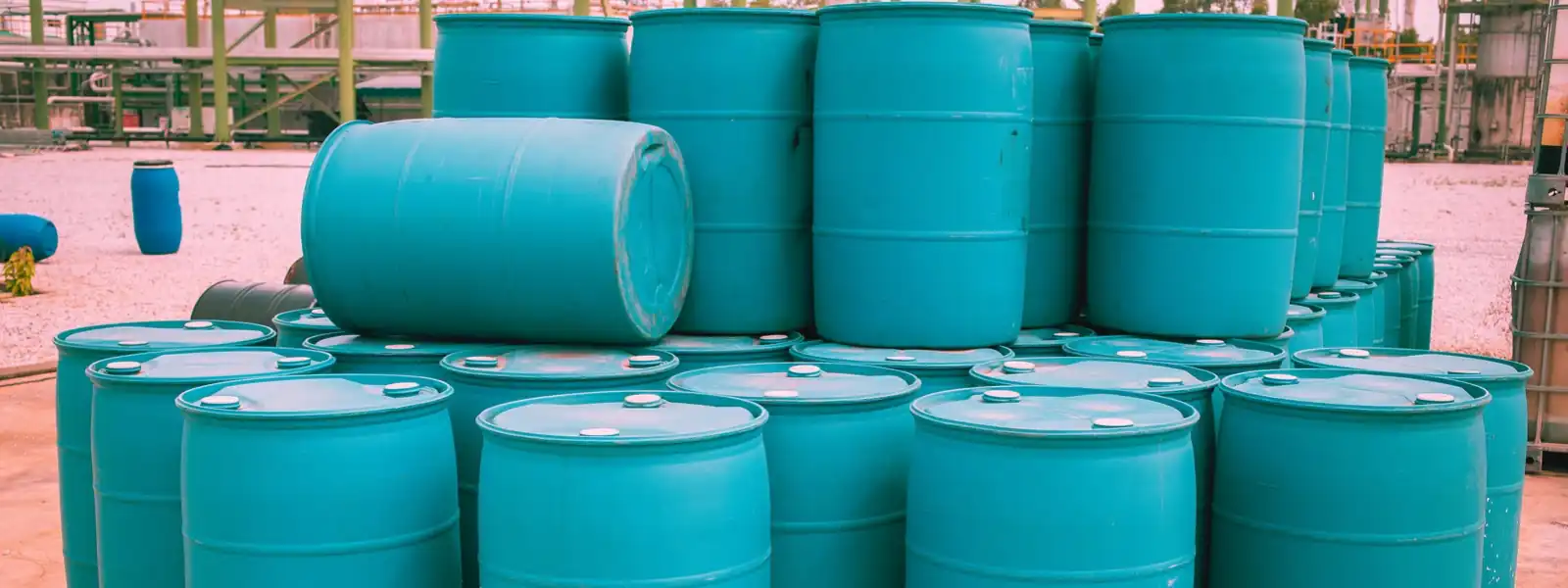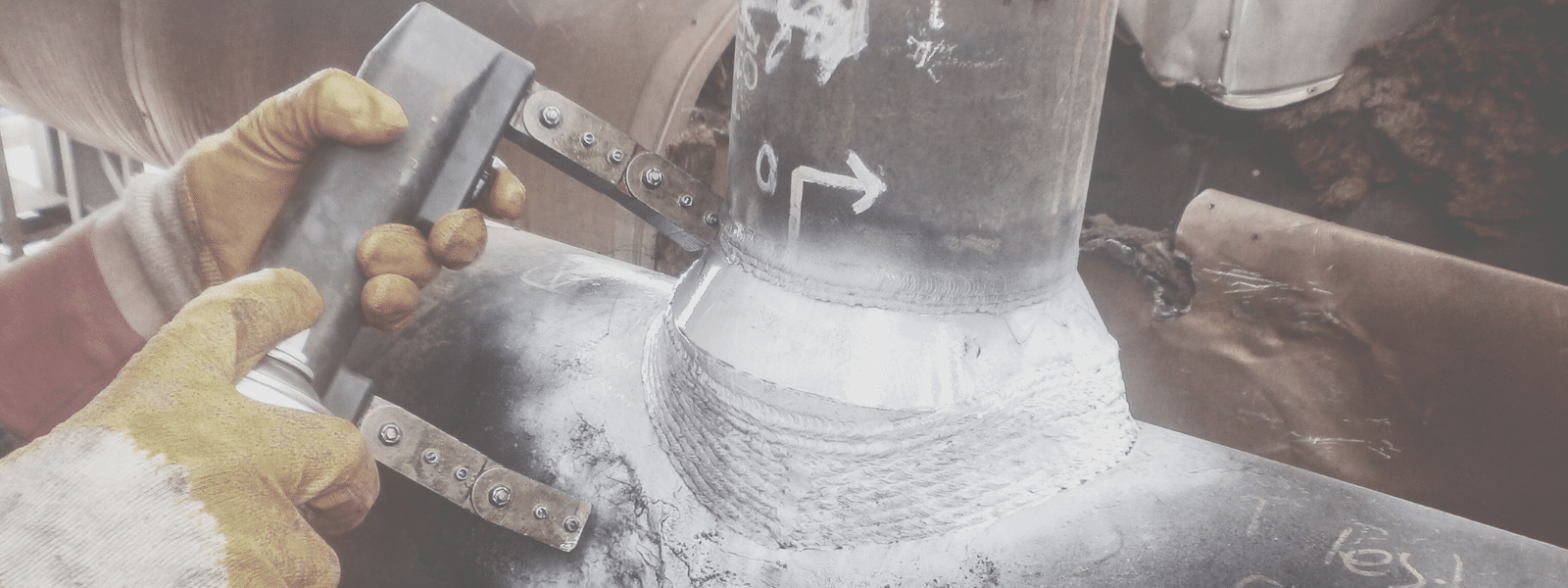Most people associate carcinogens with tobacco products and air pollutants, not with industrial solvents. But some carcinogenic chemicals that cause air pollution come from these solvents, and long-term exposure to the carcinogenic substances can predispose you to develop cancer, just like smoking can. One of the latest industrial chemicals to be exposed to this harsh appraisal is trichloroethene (TCE) — a chemical compound halocarbon that’s commonly used for industrial degreasing jobs.
What the EPA has to Say
According to a report from ChemInfo, in 2011, the Environmental Protection Agency (EPA) found that “About 250 million pounds of TCE are produced in or imported into the U.S. every year.” The same year, the organization also classified TCE as “cancerous by all routes of exposure.” That means, if TCE contacts you in any way, you’re worse off than before.
Consequently, the EPA “issued a final significant new use rule (SNUR) for TCE, stating that any company that manufactures, imports or processes TCE for use in a consumer product must notify the agency 90 days in advance.” Of additional note, “The SNUR exempts the use of TCE in several cases including cleaners and solvent degreasers because these ongoing uses cannot be subject to a SNUR.”
Even with the exemption from the SNUR, companies are strongly advised to phase out solvents that contain TCE, and replace them with cleaners that are as efficacious as TCE but less dangerous than TCE-based solvents.
What the HHS has to Say
Following the EPA’s lead, in recent weeks, the Department of Health and Human Services (HHS) “has further condemned the chemical, upgrading it from a ‘reasonably anticipated to be’ to ‘known’ human carcinogen.”
So, why is a hazardous chemical that’s “known” to cause cancer still used in large quantities as an industrial degreaser and general cleaner? One reason is that suddenly banning or heavily regulating a popular solvent can have an unwanted economic impact, both for solvent users, solvent suppliers, and the industrial solvent industry as a whole.
Using history as a guide, TCE will eventually be placed on the EPA’s List of Lists, and it’s inclusion will be announced well in advance to give companies and organizations plenty of time to switch to safer, non-TCE-based solvents.
How Ecolink Can Help
If your company or organization uses a large volume of TCE solvent, you can get ahead of the game, and replace it before replacement becomes legally mandatory. At Ecolink, we specialize in providing stock and custom solvents that are environmentally safe and environmentally preferred. With our eco friendly solvents in place, you needn’t worry about EPA regulations undercutting your cleaning operations or your workers coming down with chronic illnesses.
To get started on selecting a TCE replacement that you can “drop in” your cleaning system to immediately replace your current solvent, call us today at (800) 563-1305, or complete the contact form on our website. We look forward to learning about your solvent needs and helping you choose safe, effective solutions for your company, its workforce, and the environment.







